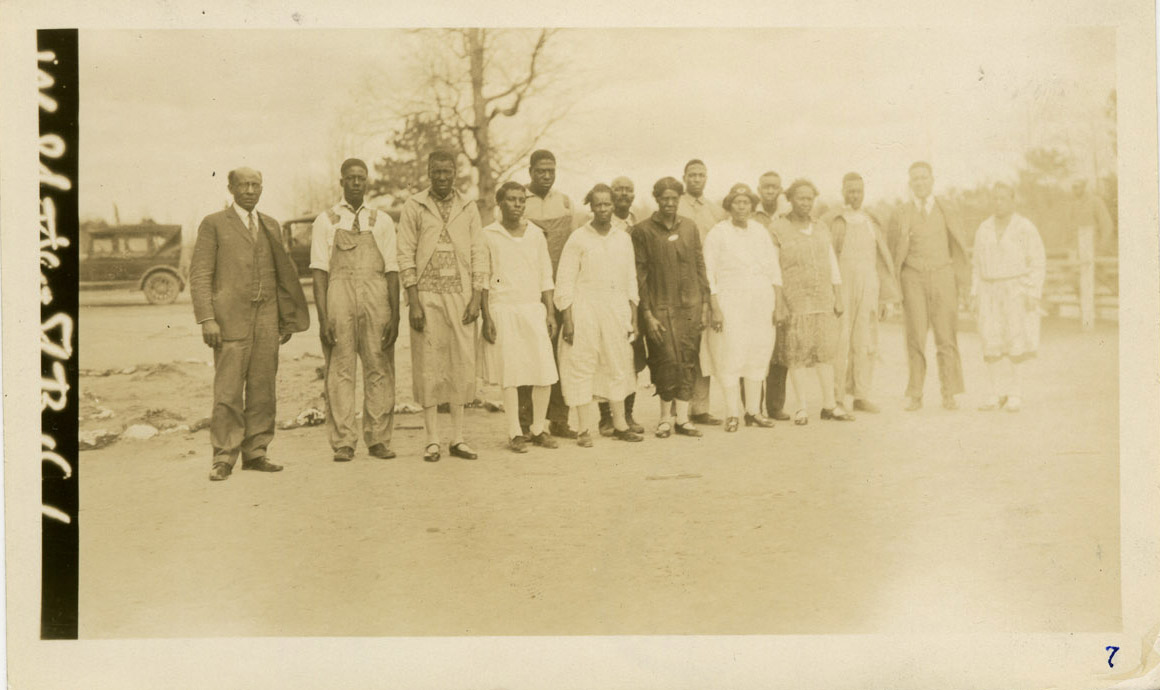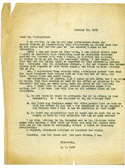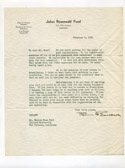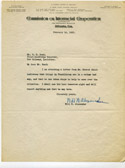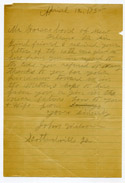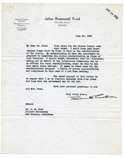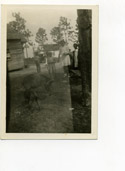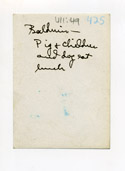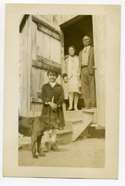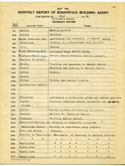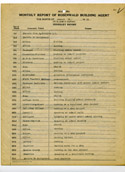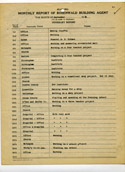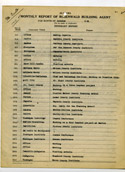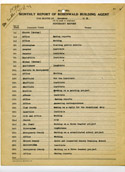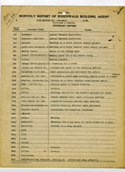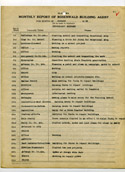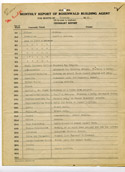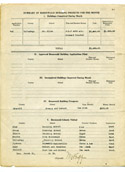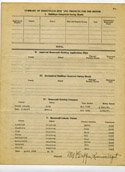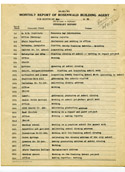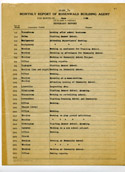
Another School Year, Another Lynching: African American Communities During the Great Depression
On January 1935, Jerome Wilson was lynched in the town of Franklinton, Louisiana. Six month before his death, Wilson had been involved in a shooting incident that resulted in the death of a white man. Wilson was tried and found guilty in August 1934. The verdict was appealed, and Wilson's new trial was set to begin the day he was dragged from the jail and killed.
At the time of the lynching Horace Mann Bond lived with his wife Julia just outside Franklinton. The couple was stationed in the town at the behest of the Julius Rosenwald Fund, a philanthropic foundation based in Chicago that supported efforts to improve black and southern education. The aftermath of the lynching and the Bonds' efforts to help the Wilson family are briefly chronicled in this selection of correspondence from the Horace Mann Bond Papers. These letters supplement an excellent published account of the lynching, The Star Creek Papers, edited by Adam Fairclough.
Other papers from the Bond collection provide a fascinating context for these published and archival documents. Bond photographed school buildings, students, and adult community members at more than 7000 black schools in North Carolina, Louisiana, and Alabama for the Rosenwald Fund in 1929. These images, alongside narrative reports from M.S. J Griffin, another Rosenwald employee stationed in Alabama, paint a detailed portrait of African American communities during the Great Depression. Bond and Griffin were candid about the negative aspects of the educational system they observed, yet these documents only hint at the tension between blacks and whites that exploded the night Wilson was lynched. As Bond writes in the opening of The Star Creek Papers, "It is difficult not to regard a lynching as an abstraction, a happening that does not really concern you."
Finding aid for the Horace Mann Bond Papers
Lesson plan (pdf)
Letters on lynching
Horace Mann Bond was in New Orleans when he learned of Jerome Wilson's death. As these letters demonstrate, Bond solicited advice from several colleagues on whether he and Julia should return to Franklinton. Letters from later in the year suggest the Bonds' ongoing efforts to assist the Wilson family after they had moved away from the town.
Documenting southern Black communities through photographs
In contrast to other collections of archival photographs [link to CCC module] featured on this site, the motive for taking and assembling these images is clear. Before beginning his career as an administrator at African American colleges, Horace Mann Bond was employed by the Julian Rosenwald Fund, and traveled to Louisiana, Alabama, and North Carolina to document educational facilities for African Americans. His pithy captions give viewers additional insight into the way Bond viewed his subjects and their surroundings.
Documenting Southern Black Communities through Narratives
A Rosenwald employee who worked for the Fund in Alabama provide a more detailed view of how African American communities confronted the challenge of educating their children during the Great Depression. Building Agent M.S.J Griffin's monthly reports detail the painstaking process of raising funds to build and maintain schools and provide training for educators who taught in them. Note particularly the difficulty Griffin encountered when purchasing land for a new school in February 1932, and his fond farewell to his employers at the Fund in June 1932.










